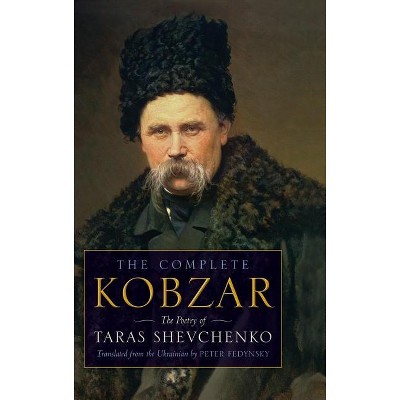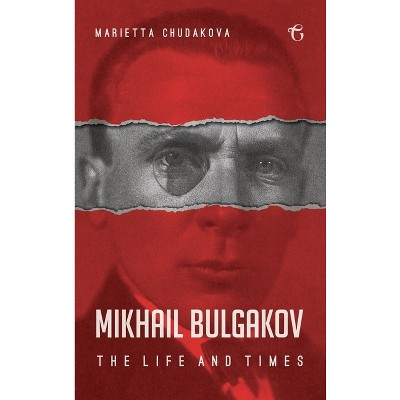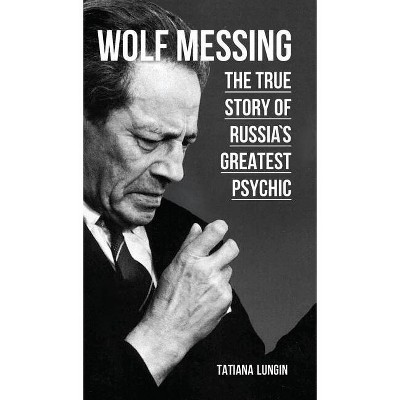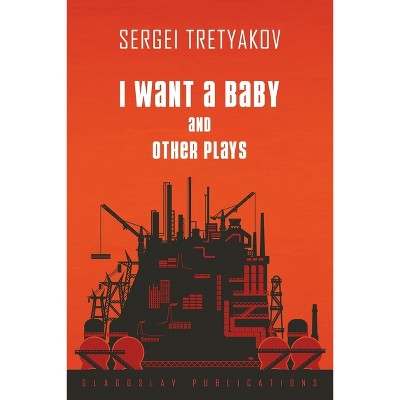Sponsored

Khatyn - 2nd Edition by Ales Adamovich (Hardcover)
In Stock
Sponsored
About this item
Highlights
- It is a quiet place, with lush green grass covering the location of the former Belarusian village.
- Author(s): Ales Adamovich
- 244 Pages
- Fiction + Literature Genres, Classics
Description
About the Book
It is the story of this village and the events that surround its annihilation that are the focus of Ales Adamovich's novel Khatyn, which was written on the basis of historical documents.
Book Synopsis
It is a quiet place, with lush green grass covering the location of the former Belarusian village. A village that was burned to the ground with its inhabitants in 1943. Anyone familiar with this small corner of Eastern Europe is chilled to the bone by the events that transpired there, and the village's name Khatyn has now come to embody a horrific national tragedy. But tragedy is not all this name embodies, for it also reminds people of the tremendous courage of those who fought for the life and freedom of their country.
It is the story of this village and the events that surround its annihilation that are the focus of Ales Adamovich's novel Khatyn, which was written on the basis of historical documents. The author, himself a World War II veteran and partisan, depicts the reality of the partisan resistance to fascism in Belarus.
The main character is a man named Florian, who in his memories returns to events that transpired some thirty years ago, when as a teenager he joined a partisan unit and met his future wife, Glasha. He witnesses how the villagers of Khatyn are burned alive as reprisal for supporting the partisan movement. The monstrous cruelty of the death squad and its commanders manifested itself in the act of punishing the entire community for the deeds of those who had helped the partisans. The village, composed mostly of the elderly and mothers with children, was locked inside a barn. After being covered with dry hay, the barn was set ablaze with the families inside.
Over half a century later, Adamovich's story about the courage of ordinary people has not lost its immediacy. Today, the world is still marred by war crimes committed against communities of noncombatant. Khatyn is a testament to an event that must not be forgotten, and to a reality that must not be repeated.
Review Quotes
"The quiet art of Khatyn is the illumination, properly fitful and uncertain, of wartime Belarus, of the darkness of the twentieth century. The reader, like the protagonist, like the writer, cannot look away." Timothy Snyder, Times Literary Supplement
"Still, Khatyn is an important book that deserves a place on the shelves of anyone fascinated by the history of World War II. It's definitely not for the faint of heart, though. It's the kind of book that gives you nightmares, and when you wake up and realize you were only dreaming, you cry for those for whom the burning agony was a reality." Anna Horner, Diary of an Eccentric (literary blog)
"This book is probably not for very sensitive readers but if you think you can deal with all of the bad things in the book, it is most definitely worth the read." A BOOKISH AFFAIR literary blog
"Adamovich is definitely a humanist. His work is not meant solely to depress or enrage us. True, we must never forget the horrors of our past, and we must be on constant guard against forces that would create new horrors (the latter point is emphasized in the novel by the Boky discussions). But in so doing we must live on as humans ourselves." LOGOMORPHOSES BLOG
"Glagoslav Publications released a special book, a cultural heritage collectible item - Khatyn by Ales Adamovich, a classical Belorussian author who fought as a partisan during the WWII." EYES IN MAGAZINE
Shipping details
Return details
Frequently bought together





Trending Literary Fiction












